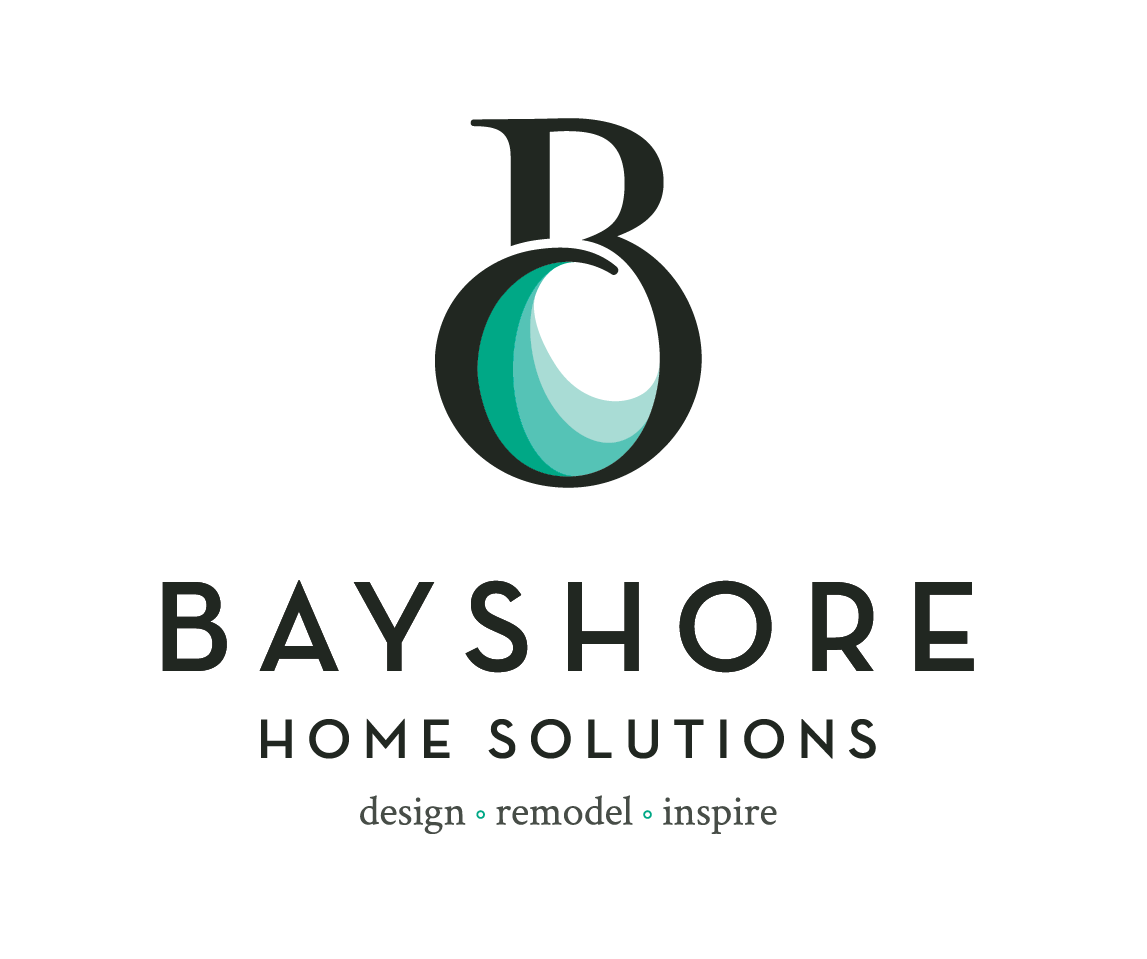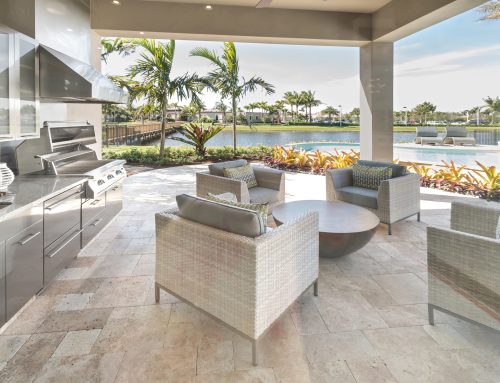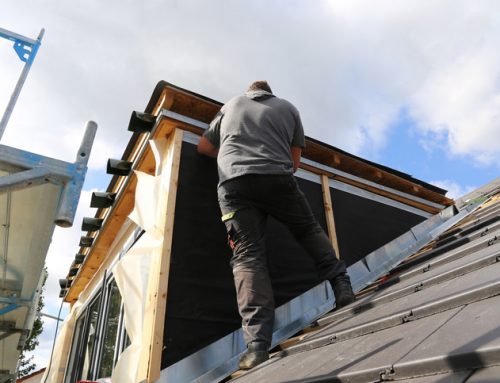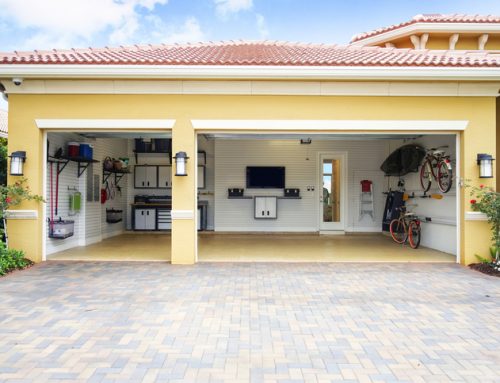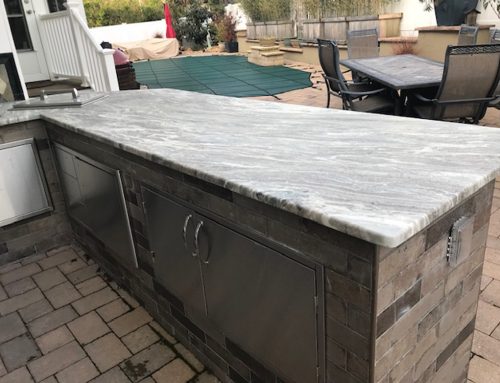It’s very easy to get caught up in the excitement of planning out your kitchen remodel. There is so much inspiration on Pinterest, websites, blogs, etc. You could be looking for hours and still discover more you want to add. It can also get overwhelming and out of hand if you’re not careful with your planning. Having a plan of action on what you want to do, and more importantly what you want to spend, will make everything much easier on you, the designer, the contractor, and your bank account. Here are a few steps you should take before the remodel.
• Set the Budget: Before you even start seriously looking into remodeling ideas you have to figure out what you’re willing and capable of spending on the remodel. Having this budget in place provides a guideline for the remodel giving you more control.
• Current vs. Future Layout: You have to figure out the layout of the current kitchen before you can determine the layout of your new kitchen. Mainly you’re looking at where the electricity, gas, and plumbing currently is. If you’re able to keep them in the same place it will cut down on the bill considerably. Also, consider the size of the space you’re working with, if you want additions like a kitchen island. The remodel is supposed to enhance the function of the kitchen, not make it worse.

• Choose the Appliances Early: If you’re planning on replacing your refrigerator, stove, oven, etc., the earlier you pick them out the better. Generally, they’re the focal point of the room, especially the fridge, and you’ll work around them for the overall design. In addition to that, you’ll need their measurements for the area they’re going to be in. Cabinets can be custom-made, appliances you purchase from the retailer cannot.

• Look into Lighting: The lighting is often one of the last things people pick because they think it doesn’t have a huge impact on the final design. The reality is that it’s just as important as the appliances, especially if you’re adding more in. Look into whether you want recessed lighting that can cover more area in the room, lighting under the cabinets, focal lighting like a small chandelier, and more. Often you’ll see designs using a combination of these.
• Make Sure You’ll Like It: Humans are designed to change their minds constantly. It’s very easy to get caught up on the recent trends. That’s fine for clothing, makeup, and accessories, but not for a kitchen remodel. Chances are you’ll be keeping this design for at least five to ten years. You might update small things, but the core style will be the same. Make sure it’s something you’ll be happy with for years to come.

